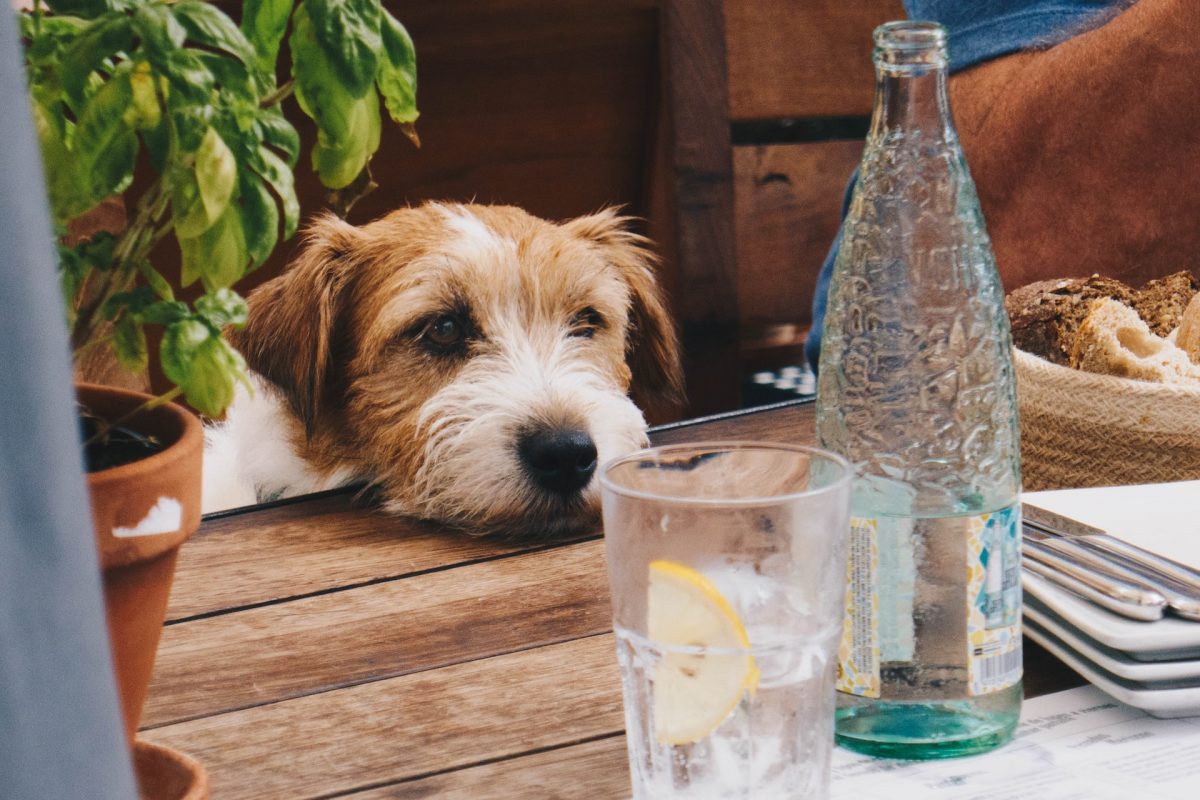No products in the cart.
Dogs, Dog Nutrition & Food
Can dogs eat cat food?
How your dog can safely enjoy cat food
Can dogs eat cat food? The short answer is yes; dogs can eat cat food and thrive on it too. But there’s more to the story if you want to know why, when, and how your dog can safely enjoy cat food from time to time.
First, let’s get one misconception out of the way so we can focus on the rest of the story. Many people think that dog food and cat food are interchangeable because cats are obligate carnivores like dogs are.
What are the ingredients in cat food?
Most pet parents are familiar with a list of ingredients to be wary of. Xylitol is a common sweetener added to many products, including some brands of dog treats and foods. This additive can cause serious health problems in dogs, including liver failure, which is why it’s not recommended in any pet products.
If you see xylitol on an ingredient label, put that product back on the shelf. The same goes for sugar alcohols (such as sorbitol or maltitol) and other artificial colours or flavours used in pet foods.
What are the risks associated with eating cat food?
While dog owners may be tempted to indulge their pets with a little taste of what they’re eating. It’s important to remember that many human foods can cause health problems for dogs. According to Pet Education, the most dangerous are chocolate and xylitol (an artificial sweetener found in sugar-free gum and baked goods).
Other potentially toxic ingredients include garlic, onions and grapes. If you suspect your dog has ingested any of these foods or plants, take them to a veterinarian immediately. Treatment will depend on what was ingested.
In general, it should induce vomiting if more than one serving of a toxic product is present. After vomiting, you can use activated charcoal to help absorb the remaining toxins from your pet’s digestive tract.
What happens if you give your dog food to cat?
If your dog does eat cat food, you will want to contact your veterinarian for advice. You mustn’t assume that it is safe in larger amounts just because a little bit won’t harm them. There is no way of knowing what kind of reaction they may have to eating cat food and why take a chance when there are many other dog foods on the market specially formulated for them?
They will be much healthier if they get their nutrition from dog foods rather than eating something meant for another animal entirely. And why even risk it when there are better options available? As long as they stay away from cat foods, your dog should remain healthy and safe at all times while still being able to enjoy any treats they receive.
Are there special dog foods designed for cats
Some commercial dog foods on the market are formulated for cats, but in general, no. While a cat or kitten may prefer a dog’s food over their own brand. Most vets and animal professionals don’t recommend it as there can be subtle nutrient differences between brands of pet foods.
Plus, cats are carnivores, and dogs are omnivores. Cats require taurine from meat sources, while dog foods contain synthetic taurine instead. If you feed your dog a cat’s diet for too long, he can develop blindness or liver failure.
Is it OK to feed my dog as cat treats?
While it’s common for dog owners to share snacks with their pets, not all treats are OK for your pet. Whether you own a dog or a cat, here’s what to look for (and avoid) on ingredient lists when shopping for doggie or kitty treats.
Note that these tips apply only to human foods; there are plenty of other reasons not to feed your pet chocolate, grapes or onion rings. As always, check with your vet if you have any questions about whether an item is safe and healthy.
Should I avoid giving my dog any human food?
The short answer is no. If your dog has an upset stomach. You might be tempted to give him a bit of his favourite treat to calm him down. But before you do, it’s important to ask yourself if human threats are OK for canines.
While you should not give certain human foods to your dog (or any animal), plenty is perfectly acceptable and even healthy. When in doubt, always check with your veterinarian.

